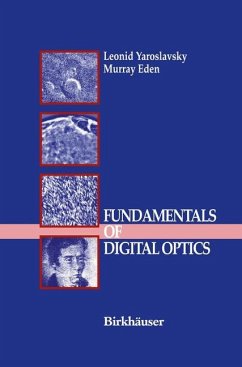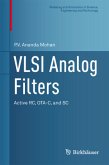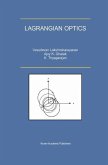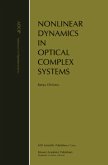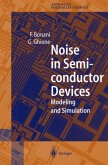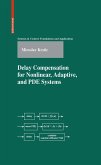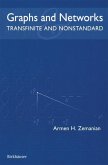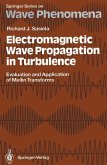1.1 Digital Optics as a Subject Improvement of the quality of optical devices has always been the central task of experimental optics. In modern terms, improvements in sensitivity and resolution have equated higher quality with greater informational throughput. For most of today's applications, optics and electronics have, in essence, solved the problem of generating high quality pictures with great informational ca pacity. Effective use of the enormous amount of information contained in the images necessitates processing pictures, holograms, and interferograms. The manner in which information might be extracted from optical entities has be come a topic of current interest. The informational aspects of optical signals and systems might serve as a basis for attacking this question by making use of information theory and signal communication theory, and by enlisting modern tools and methods for data processing (the most important and powerful of which are those of digi tal computation). Exploiting modern advances in electronics has allowed new wavelength ranges and new kinds of radiation to be used in optics. Comput ers have extended our knowledge of the informational essence of radiation. Thus, computerized optical devices enhance not only the optical capabilities of sight, but also its analytical capabilities as well, thus opening qualitatively new horizons to all the areas in which optical devices have found application.
Hinweis: Dieser Artikel kann nur an eine deutsche Lieferadresse ausgeliefert werden.
Hinweis: Dieser Artikel kann nur an eine deutsche Lieferadresse ausgeliefert werden.

